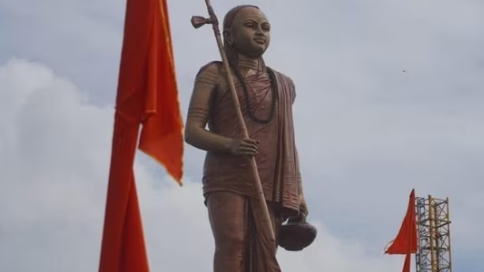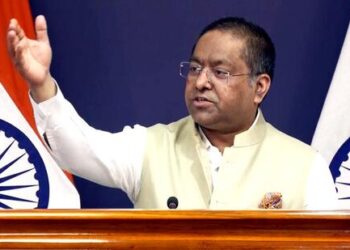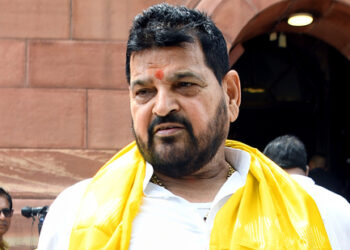In an unexpected turn of events, four prominent Shankaracharyas have decided not to participate in the upcoming Ram Mandir event scheduled for January 22, where the foundation stone for the construction of the grand temple is set to be laid. The decision has sparked curiosity and concerns, as these spiritual leaders play a pivotal role in Hindu religious discourse.
The four Shankaracharyas, namely Swami Swaroopanand Saraswati of Dwarka Peeth, Swami Narendranand Saraswati of Shankaracharya Puri, Swami Vasudevanand Saraswati of Jyotishpeeth, and Swami Achyutanand Saraswati of Badrikashram, conveyed their decision through official statements, citing differences in the rituals and protocols associated with the event.
The Ram Mandir event, a momentous occasion for millions of Hindus, has been eagerly anticipated, symbolizing the culmination of a decades-long legal and social struggle. The decision of these spiritual leaders to distance themselves has raised questions about the underlying dynamics within the Hindu religious leadership.
In his statement, Swami Swaroopanand Saraswati expressed concerns about the protocols being followed during the event, stating, “The rituals and traditions associated with the Ram Mandir event do not align with the principles we adhere to. In the interest of maintaining the sanctity of our traditions, we have decided not to participate in the ceremony.”
While the exact nature of the differences has not been explicitly detailed, reports suggest that the dissenting Shankaracharyas are seeking a more inclusive approach to the event, emphasizing unity among various sects and communities within Hinduism.
Swami Narendranand Saraswati, in his statement, said, “Our decision is not meant to disrespect the sentiments of the devotees or the significance of the Ram Mandir. However, we believe in an approach that promotes inclusivity and embraces the diversity within our religious practices.”
The absence of these influential spiritual leaders has sparked discussions about the need for consensus and dialogue within the Hindu religious leadership, especially on matters of significant importance such as the Ram Mandir event.
As the nation eagerly awaits the historic ceremony in Ayodhya, the decision of the four Shankaracharyas adds a layer of complexity and prompts a broader conversation about the interpretation of religious traditions and the importance of fostering unity within the diverse fabric of Hinduism.








 India
India












